We are in an era where agility, efficiency, and data-driven insights are crucial to business success, and one of the primary technological systems is imperative: the ERP System. Aratum’s ERP Solutions is dedicated to helping businesses streamline operations, enhance productivity, and achieve sustainable growth.
Integration
Automation
Scalability
Financial Management
Supply Chain Management
Customer Relationship Management (CRM)
Manufacturing and Production
Project Management
Integration is a foundational feature of ERP systems, seamlessly connecting various business processes and functions into a single, cohesive system. This ensures that all departments work from a centralized source of accurate, real-time data, fostering collaboration and reducing data silos.
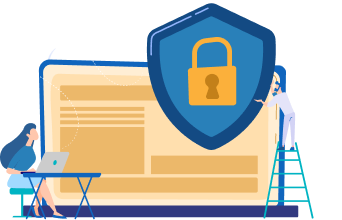
ERP systems' Data Analysis and Reporting capabilities provide comprehensive reports and dashboards crucial for informed decision-making. Real-time analytics enable businesses to continuously monitor key performance indicators (KPIs), ensuring they can respond swiftly to changing conditions.

ERP systems' key advantage is their scalability, thanks to their modular architecture. This design allows businesses to add or remove modules as their needs evolve, making the system adaptable to growth and changing market demands.
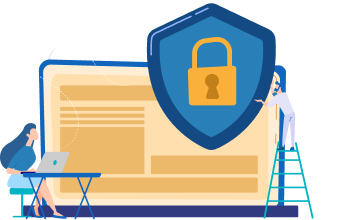
Financial Management is robust within ERP systems, integrating critical functions such as general ledger, accounts payable and receivable, and fixed assets management. Additionally, ERP systems support budgeting and forecasting, aiding in financial planning and analysis.
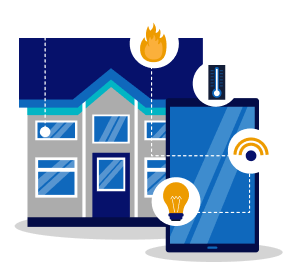
Supply chain management is enhanced by ERP systems, which offer precise inventory control and efficient procurement processes. These systems track inventory levels, manage orders and deliveries, and foster better vendor relationships, ensuring a smooth supply chain operation.
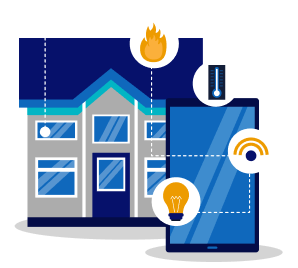
Customer Relationship Management (CRM) is another vital feature, automating sales processes and managing customer interactions, sales orders, and service requests. ERP systems provide valuable insights into customer behavior and preferences, aiding in developing targeted marketing strategies.
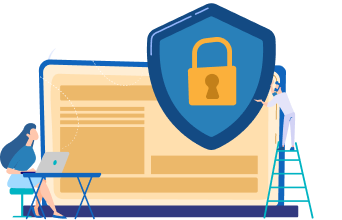
Manufacturing and Production features enable effective production planning and progress tracking. Quality control mechanisms ensure that products meet established standards, enhancing overall product quality and customer satisfaction.
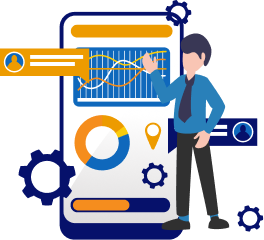
Project Management tools within ERP systems facilitate task scheduling, resource allocation, and budget management. These features help businesses keep projects on track and within budget, ensuring successful project outcomes.
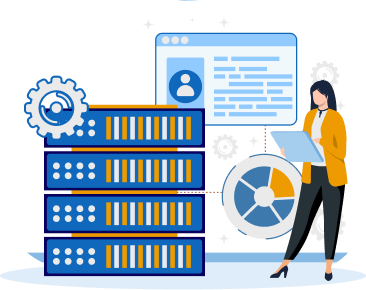
ERP systems help construction companies manage project timelines, track costs, and allocate resources efficiently to ensure projects are completed on time and within budget.
ERP systems enhance banking and financial institutions’ ability to produce accurate financial reports, ensure compliance with regulations, and manage customer relationships more effectively.
ERP systems enable healthcare and pharmaceutical organizations to manage patient records, comply with regulations, and control the inventory of medications and supplies, improving overall patient care and operational efficiency.
ERP systems help FMCG companies optimize inventory levels, forecast demand accurately, and streamline supply chain operations to ensure products are available when and where needed.
ERP systems ensure that temperature-sensitive products are stored and transported under optimal conditions, track inventory in real-time, and help comply with regulatory requirements to maintain product integrity.
ERP systems help wholesale distributors process orders quickly, manage inventory levels, and maintain strong relationships with customers and suppliers, improving overall efficiency and customer satisfaction.
ERP systems optimize transportation routes, manage fleet operations, and provide visibility into the entire supply chain, helping logistics companies deliver goods more efficiently and cost-effectively.
ERP systems assist manufacturers in planning production schedules, ensuring product quality, and managing the supply chain from raw materials to finished goods, enhancing productivity and reducing costs.
ERP systems streamline operations for professional services firms by managing client projects, tracking billable hours, and efficiently allocating resources, leading to improved client satisfaction and profitability.
ERP systems help hospitality businesses improve guest services by managing reservations, tracking guest preferences, and efficiently handling resources like staff and supplies.
ERP systems enable retailers to manage inventory accurately, track sales data, and enhance the customer shopping experience by ensuring products are in stock and readily available.

A mid-sized shoe and sandal manufacturing business in Taiwan experienced a lack of coordination between its departments, which caused production delays. The warehouse also had excess inventory and lacked real-time visibility in its operations. At the same time, order processing issues irked many of its partners and customers.
In response to these challenges, the company sought our enterprise resource planning software.
ERP (Enterprise Resource Planning) is a type of software that integrates various business processes and functions into a single system, enabling organizations to streamline operations and improve efficiency.
Implementation time can vary widely depending on the system’s complexity and the organization’s size, but it typically takes several months to a year.
Yes, ERP systems can be customized to fit a business’s specific needs, including custom modules, workflows, and user interfaces.
Costs can include software licenses, implementation services, customization, training, and ongoing support and maintenance. The total cost varies based on the complexity and scale of the deployment.
ERP systems help support regulatory compliance by providing tools for data management, reporting, and auditing, ensuring that businesses can meet industry standards and legal requirements.
Common challenges include high initial costs, lengthy implementation times, employee resistance to change, and the need for thorough training and ongoing support.
Yes, small businesses can benefit from ERP systems by improving efficiency, gaining better insights into their operations, and laying a foundation for growth. ERP solutions are specifically designed for small to mid-sized businesses.
ERP improves supply chain management by providing real-time visibility into inventory levels, automating procurement processes, tracking shipments, and optimizing warehouse operations.
On-premise ERP systems are installed and maintained on the company’s own servers, while cloud-based ERP systems are hosted on the vendor’s servers and accessed via the Internet. Cloud-based ERP offers adva
ERP enhances CRM by centralizing customer data, automating sales processes, providing insights into customer behavior, and improving service delivery and support.
Businesses should consider factors such as their industry’s specific needs, the system’s scalability, customization options, the total cost of ownership, vendor reputation, and the level of support and training provided.
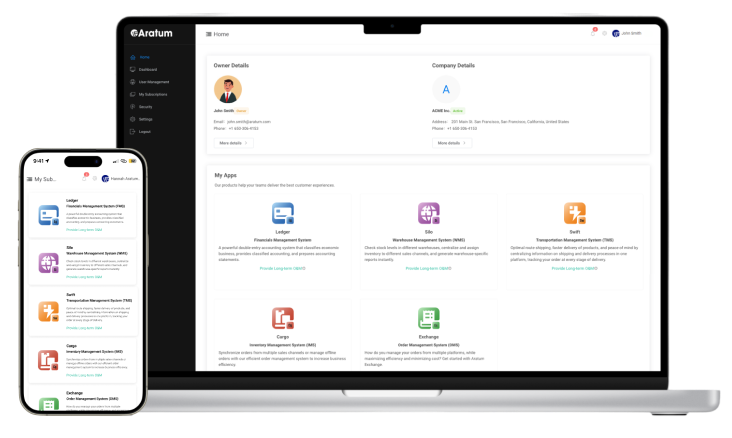
To implement effective enterprise resource planning in your industry, you can rely on Aratum software solutions tailored to your business requirements to help you get started and gain visibility, efficiency, and resiliency.
Aratum is a globally recognized software provider specializing in developing supply chain management solutions. Our software solutions incorporate advanced algorithms and optimized data structures to facilitate efficient data processing and information dissemination across organizations.
Leveraging cutting-edge technologies such as machine learning and artificial intelligence, the software enables automated decision-making and real-time analytics, enhancing supply chain visibility and improving overall performance.
With a focus on delivering robust and scalable solutions, Aratum is committed to providing our clients with the tools necessary to optimize their supply chain operations and gain a competitive edge in your respective markets.






© 2024 Aratum or an Aratum affiliate company. All rights reserved. No part of this publication may be reproduced or transmitted in any form or for any purpose without the express permission of Aratum or an Aratum affiliate company. The information contained herein may be changed without prior notice. Some software products marketed by Aratum and its distributors contain proprietary software components of other software vendors. National product specifications may vary. These materials are provided by Aratum or an Aratum affiliate company for informational purposes only, without representation or warranty of any kind, and Aratum or its affiliated companies shall not be liable for errors or omissions with respect to the materials. The only warranties for Aratum or Aratum affiliate company products and services are those that are set forth in the express warranty statements accompanying such products and services, if any. Nothing herein should be construed as constituting an additional warranty. In particular, Aratum or its affiliated companies have no obligation to pursue any course of business outlined in this document or any related presentation, or to develop or release any functionality mentioned therein. This document, or any related presentation, and Aratum’s or its affiliated companies’ strategy and possible future developments, products, and/or platforms, directions, and functionality are all subject to change and may be changed by Aratum or its affiliated companies at any time for any reason without notice. The information in this document is not a commitment, promise, or legal obligation to deliver any material, code, or functionality. All forward-looking statements are subject to various risks and uncertainties that could cause actual results to differ materially from expectations. Readers are cautioned not to place undue reliance on these forward-looking statements, and they should not be relied upon in making purchasing decisions. Aratum and other Aratum products and services mentioned herein as well as their respective logos are trademarks or registered trademarks of Aratum (or an Aratum affiliate company) globally. All other product and service names mentioned are the trademarks of their respective companies. See aratum.com for additional trademark information and notices.